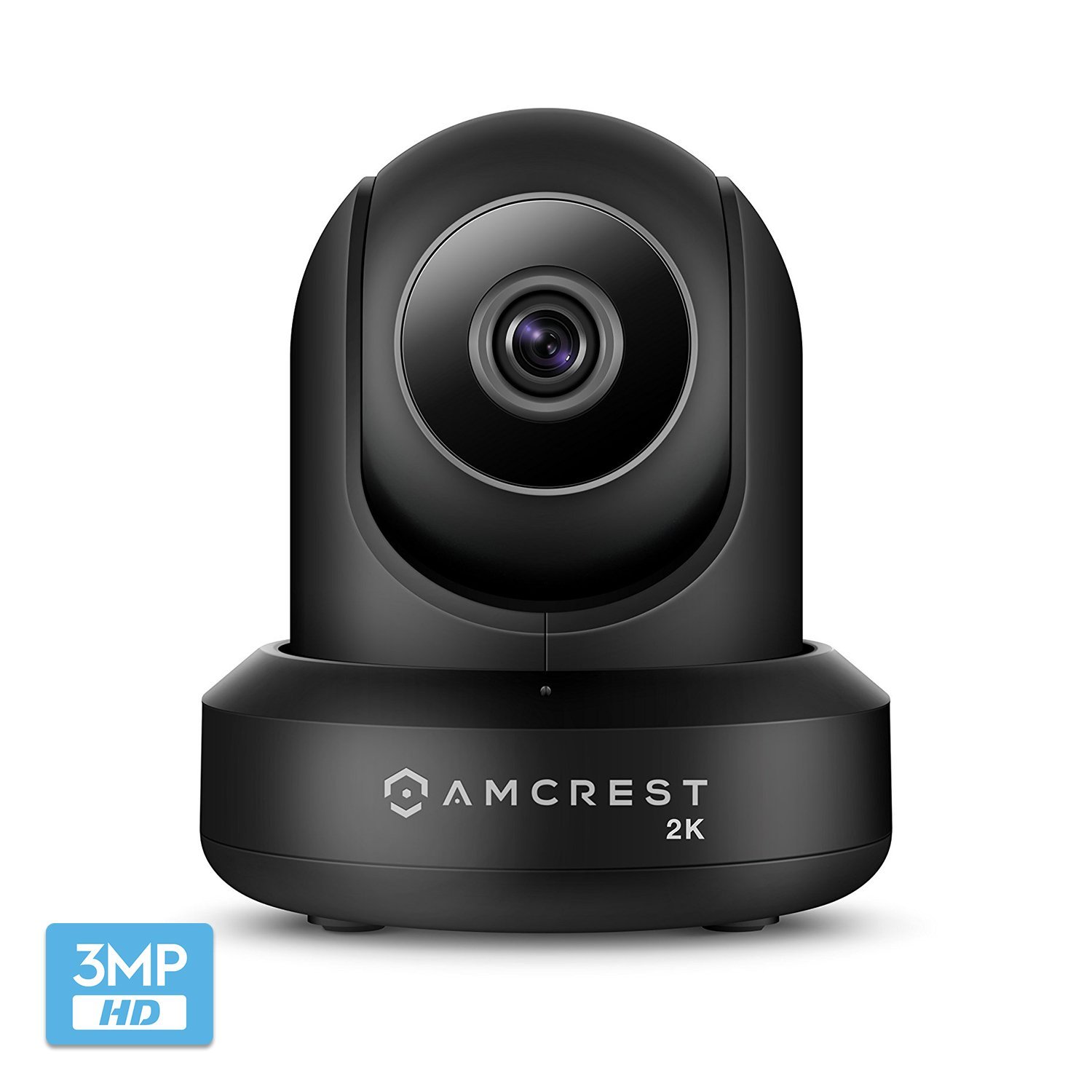
In an age where safety and security are of paramount importance, the role of security cameras has never been more critical. These devices have evolved from simple surveillance tools to sophisticated systems that not only deter crime but also provide invaluable insights into everyday activities. With advancements in technology, security cameras now offer features such as high-definition video, night vision, and smart connectivity, making them indispensable for homes and businesses alike.
The use of security cameras transcends traditional boundaries, transforming the way we perceive safety. Whether monitoring a bustling retail store, keeping an eye on a construction site, or ensuring the security of one’s home, these cameras serve as the vigilant observers that provide peace of mind. By unlocking the power of security cameras, individuals and organizations can harness data-driven insights to enhance their overall security strategies and create safer environments for everyone.
Understanding Security Camera Technology
Security cameras have become an essential component of modern surveillance systems, providing a robust solution for monitoring and protecting property. These devices work by capturing video footage, which can be recorded and stored for later review. The advancement of technology has led to the development of various types of security cameras, each designed for specific applications and environments. From traditional analog systems to high-definition digital cameras, these devices offer a range of capabilities suitable for both residential and commercial use.
One of the key elements of security camera technology is the lens type, which plays a critical role in determining the field of view and the level of detail captured. Wide-angle lenses cover more area, making them ideal for larger spaces, while zoom lenses allow for closer inspection of specific areas. Additionally, many modern security cameras come equipped with features such as night vision, motion detection, and remote access, enhancing their effectiveness in a variety of situations. These features not only improve surveillance but also provide peace of mind to users.
https://worldstarsecuritycameras.com/security-cameras-sales/
Furthermore, the integration of artificial intelligence and cloud storage has transformed how security cameras operate and how footage is accessed. AI capabilities enable face recognition, intrusion detection, and intelligent analytics, allowing users to receive alerts and notifications based on specific triggers. Cloud storage offers a secure way to store and manage video footage, making it accessible from anywhere through smartphones or computers. This evolution in technology has empowered individuals and businesses to leverage security cameras not just for monitoring, but as proactive tools for enhancing safety and security.
Benefits of Security Cameras
Security cameras provide a powerful deterrent against crime. Their visible presence can discourage potential intruders from attempting theft or vandalism, knowing they are being watched. Many criminals avoid properties with security cameras installed, leading to a safer environment for homeowners and businesses alike. The knowledge that surveillance is in place often fosters a sense of security among residents and employees.
Moreover, security cameras enhance the ability to monitor activities around a property. They allow individuals to keep an eye on vulnerable areas, such as entrances and parking lots, providing real-time insights into what is happening. With the advent of smart technology, many modern security cameras can be accessed remotely through smartphones or computers, enabling users to check on their premises from anywhere in the world.
In the unfortunate event of an incident, security cameras serve as crucial evidence. Video footage can help law enforcement in investigating crimes, leading to quicker resolutions and increased chances of recovering stolen property. Additionally, having recorded evidence can be beneficial for insurance claims, ensuring that property owners receive fair compensation after an unfortunate event.
Best Practices for Implementation
When installing security cameras, it is essential to start with a thorough assessment of the area you want to monitor. Identify key locations where surveillance will be most effective, such as entrances, parking lots, and high-traffic areas. Ensure you consider the field of view and potential obstructions, as well as the distance from the recording equipment. A well-planned layout will enhance coverage and minimize blind spots.
Choosing the right type of security camera is crucial for effective monitoring. Factors to consider include resolution, night vision capabilities, and whether to opt for wired or wireless cameras. Higher resolution cameras may provide clearer images, but they also require more storage. Additionally, consider using cameras equipped with motion detection and alert functionalities, which can help to focus surveillance efforts and save on storage space.
Finally, implementing proper data management and privacy policies is vital. Ensure that footage is stored securely and is accessible only to authorized personnel. Regularly review and update the security camera system, including software upgrades and hardware maintenance, to optimize performance. Remember to stay compliant with local laws regarding surveillance, particularly in public areas, to maintain trust and transparency within the community.
